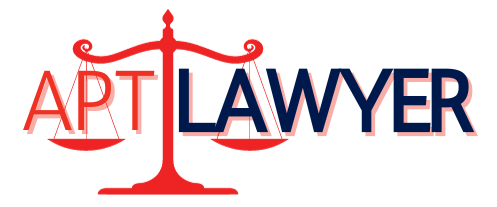Compliance with Uganda’s Taxation Laws

Taxation plays a crucial role in economic development, funding public services, and infrastructure projects.
As we approach the end of this financial year 2023/2024, understanding and complying with tax laws is essential for both businesses and individuals to avoid legal issues, penalties, and to contribute to national growth. Here’s what you need to know about ensuring compliance with Uganda’s taxation laws.
Understanding Uganda’s Tax System
Uganda’s tax system is governed by the Uganda Revenue Authority (URA), which oversees the administration and enforcement of tax laws. The primary taxes include:
- Income Tax: Levied on individuals and businesses based on their income.
- Value Added Tax (VAT): A consumption tax applied to the sale of goods and services.
- Excise Duty: Charged on specific goods such as alcohol, tobacco, and fuel.
- Customs Duty: Imposed on imported goods.
- Local Service Tax (LST) and Property Tax: Collected by local governments.
Steps to Ensure Tax Compliance
- Register with the URA: All businesses and individuals engaged in taxable activities must register with the URA and obtain a Tax Identification Number (TIN). This is the first step towards fulfilling your tax obligations.
- Understand Your Tax Obligations: Familiarize yourself with the specific taxes applicable to you or your business. The URA website provides detailed information on different tax types and the respective rates.
- Maintain Accurate Records: Keep thorough records of all financial transactions, including income, expenses, and deductions. Accurate record-keeping is vital for preparing accurate tax returns and can help in the event of an audit.
- File Tax Returns on Time: Ensure that you file your tax returns within the stipulated deadlines. For example, income tax returns for individuals are usually due by June 30th each year. Late filing can attract penalties and interest on unpaid taxes.
- Pay Taxes Promptly: Pay your taxes on time to avoid penalties and interest charges. The URA provides various payment options, including bank payments and mobile money.
- Claim Eligible Deductions and Credits: Take advantage of any tax deductions, credits, or incentives you are eligible for. These can reduce your overall tax liability and ensure you’re not overpaying taxes.
- Seek Professional Advice: Tax laws can be complex, and it may be beneficial to consult with a tax professional or accountant. They can provide expert advice, help with tax planning, and ensure you remain compliant with all tax regulations.
How to Overcome the Common Challenges
- Complexity of Tax Laws: Uganda’s tax laws can be intricate and challenging to understand. Regularly attend tax education seminars organized by the URA or seek professional guidance.
- Changing Regulations: Tax laws and regulations may change, affecting your obligations. Stay informed about any updates or amendments to tax laws through the URA website or by subscribing to relevant newsletters.
- Cash Flow Management: Ensuring you have sufficient funds to pay taxes can be challenging, especially for small businesses. Implement good financial management practices and consider setting aside funds for taxes throughout the year.
- Technical Issues: Filing taxes electronically can sometimes pose technical challenges. The URA offers support through its helpline and customer service centers to assist with any issues you may encounter.
The Importance of Tax Compliance
Compliance with Uganda’s tax laws is not just a legal obligation but also a civic duty. Taxes fund critical public services such as healthcare, education, and infrastructure. By paying your taxes, you contribute to the country’s development and welfare.
Non-compliance can lead to severe consequences, including hefty fines, legal action, and damage to your reputation. It is far more prudent to invest the time and resources needed to ensure full compliance with tax laws.
In conclusion, ensuring compliance with Uganda’s taxation laws is essential for both individuals and businesses. By understanding your tax obligations, keeping accurate records, filing returns on time, and seeking professional advice when needed, you can navigate the complexities of the tax system with confidence. Remember, paying taxes is a contribution to the nation’s growth and prosperity, and staying compliant is key to avoiding legal complications and fostering a positive business environment.

